
NU team earns top 10 finish in Pandemic Response Challenge
A team of researchers from three University of Nebraska institutions finished among the top 10 teams in a global competition to develop an artificial intelligence-driven model to advise policymakers on how best to handle the COVID-19 pandemic.
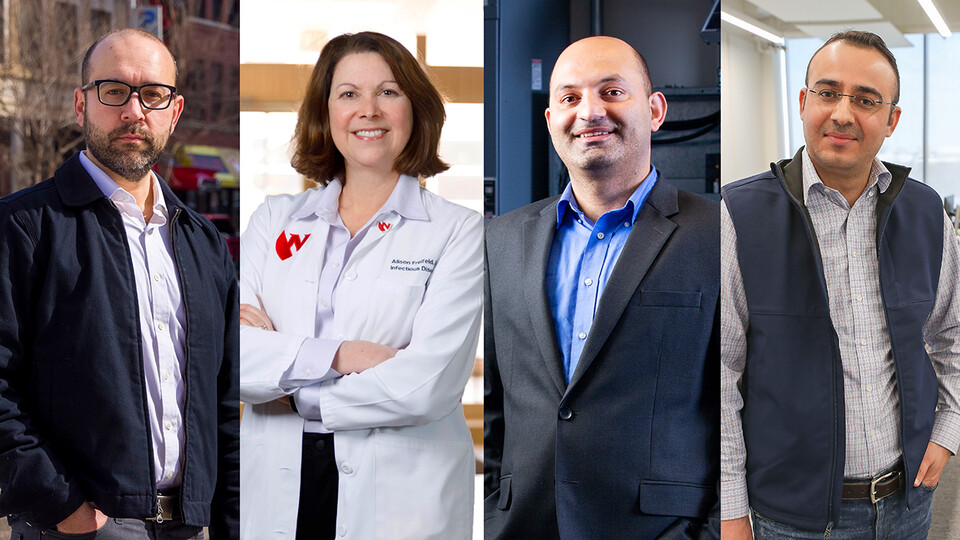
NU team earns top 10 finish in Pandemic Response Challenge
A team of researchers from three University of Nebraska institutions finished among the top 10 teams in a global competition to develop an artificial intelligence-driven model to advise policymakers on how best to handle the COVID-19 pandemic.

Past career shaped grad student’s current path
When Jessie Peter arrived at the University of Nebraska–Lincoln in 2016 as a doctoral student in Child, Youth and Family Studies, she had already launched a career in school counseling, but realized she wanted to learn more in order to do more.
Now, as a doctoral student and graduate assistant in the Office of Diversity and Inclusion, Peter is learning by doing — either through research on the ground in her native India or by bringing stakeholders together to increase diversity on campus — and making an impact.
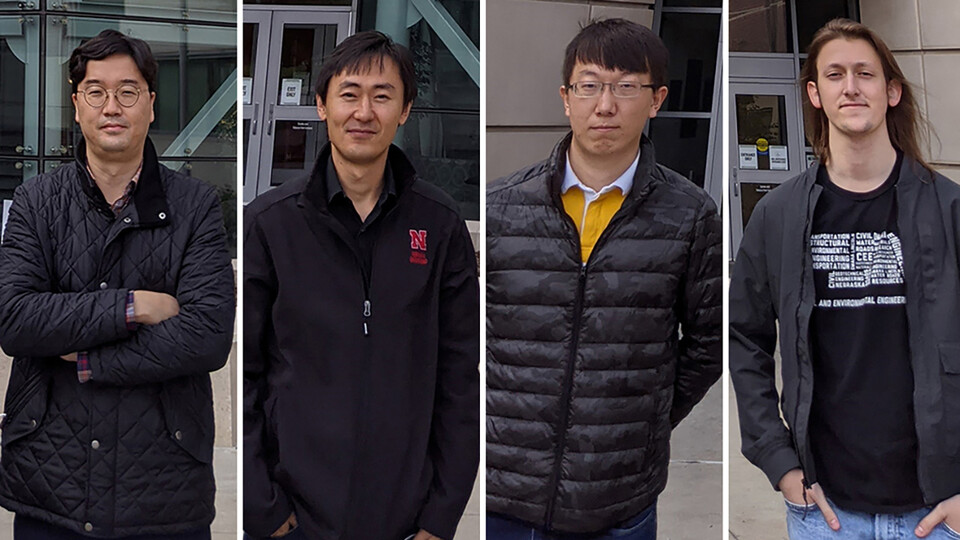
Husker-led research team aims for safer storage of nuclear waste
In the decade since the U.S. government shut down funding of its largest high-level nuclear waste disposal site, America’s nuclear power plants have been without a designated facility to store the hottest, most radioactive spent fuels. With a three-year, $800,000 grant from the U.S. Department of Energy and looking many millennia into the future, a research team headed by University of Nebraska–Lincoln engineering faculty is developing a new barrier material that would make the deep geologic disposal and storage of spent nuclear fuel a much safer proposition.
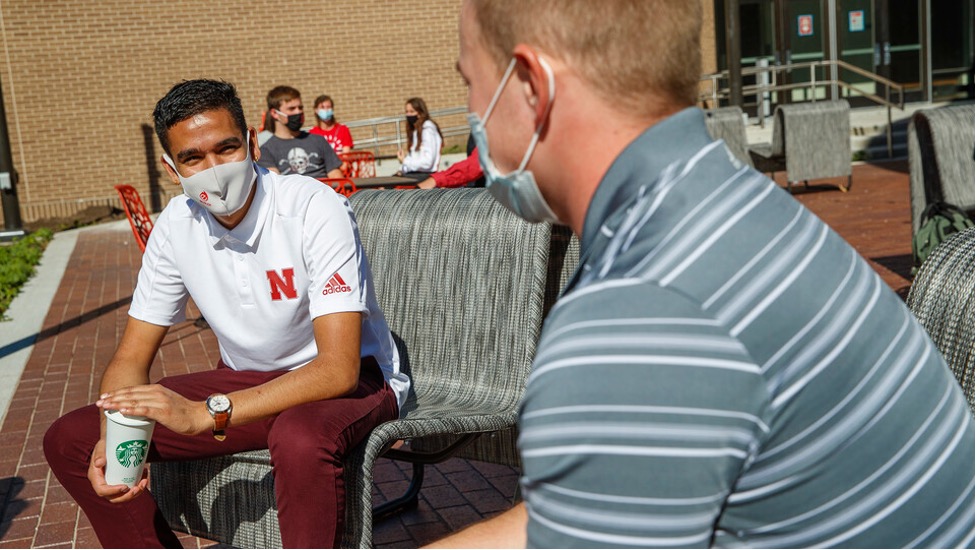
Global Learning Hub increases international experiences for students
The College of Agricultural Sciences and Natural Resources at the University of Nebraska–Lincoln has launched the new CASNR Global Learning Hub.
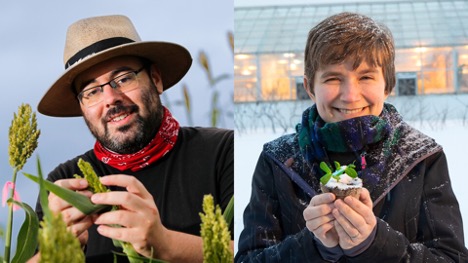
Model predicts gene responses to cold across diverse plant species
Nebraska’s James Schnable and Rebecca Roston and their colleagues have developed a machine-learning model that, given just the DNA sequence of a single plant species, can predict how another's genes will turn off and on in the face of freezing temperatures.

Nguyen brings passion, perseverance to manager role at Dairy Store
Stop by the Dairy Store for a scoop of ice cream, and you might find Duy Nguyen’s smiling face behind the counter.
Nguyen has managed the store since January 2020. In the past year, he’s found joy in working for his alma mater, helping students learn new skills, and connecting with visitors of all kinds as they pick out the perfect tasty treat.
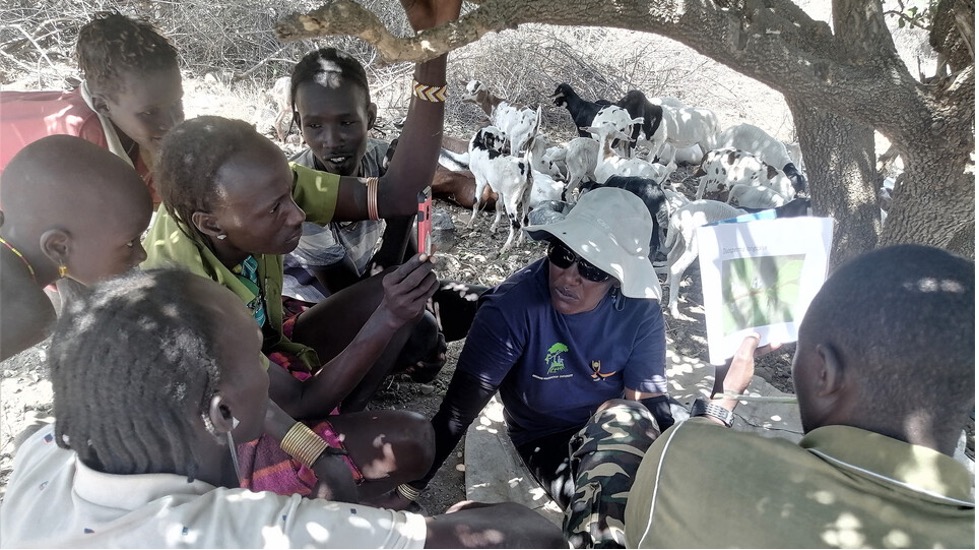
Researchers find ways to push international research forward, despite COVID-19
The details were in place, and an international team of researchers was ready to launch a multi-year study of Kenya’s socio-ecological systems — specifically how globalization and climate change are impacting the country’s native Daasanach pastoralists.
Then, like dominoes, COVID-19 began spreading across the world, with new countries announcing cases, shutdowns and travel restrictions each day.
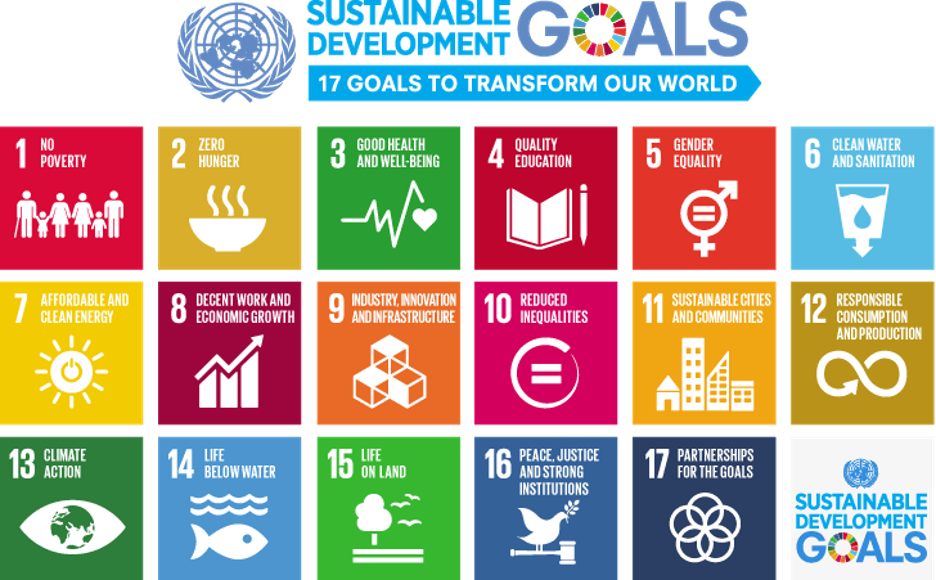
Nebraska spotlights action towards Sustainable Development Goals
The University of Nebraska-Lincoln is participating in the Sustainable Development Goals Action and Awareness Week 2021, alongside numerous universities across the nation and world, during the week of March 1-5, 2021.
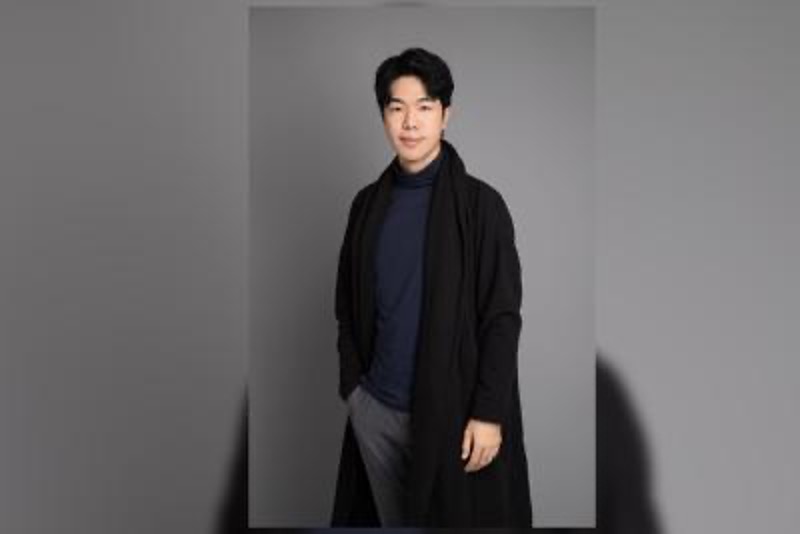
Landscape Architecture professor recognized in Forbes China 30 under 30
Growing up, Yujia Wang saw growth in the blink of an eye. Cityscapes congested with dull buildings suddenly blossomed with color as blooming gardens, manicured parks and cascading fountains emerged. He saw how urban designs transformed lives, so he decided to draw the future of the field. Now, he’s getting recognized for his work.
Wang, professor of practice of the Landscape Architecture Program, was one of 300 individuals who made it into Forbes China 30 Under 30, a competitive list of young people in various fields across the nation.